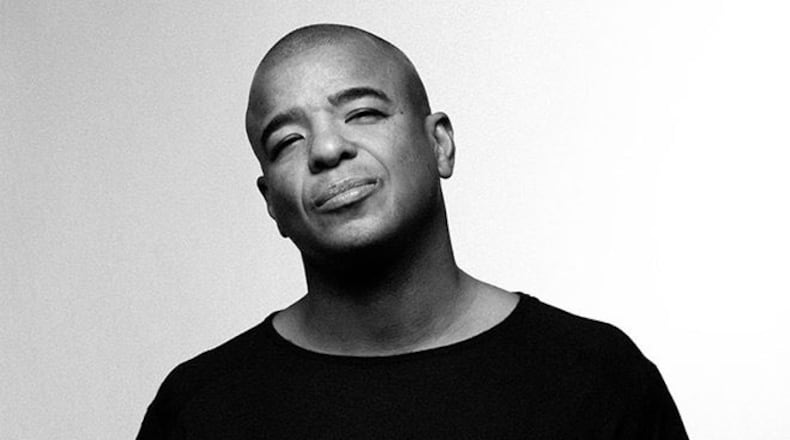Erick Morillo, a world renowned club DJ and music producer whose techno sound catapulted him to the pinnacle of house music fame for more than three decades, was found dead this week inside his Miami Beach home.
He was 49.
Morillo had been facing sexual battery charges after being arrested Aug. 6 for an alleged attack on a woman at his home in December. He was free on a $25,000 bond and was due to make his first court appearance Friday, The Associated Press reported. Morillo denied the allegations.
On Monday, officers responded to a 911 call at Morillo’s residence, where they found him dead.
Authorities said there were no signs of foul play but did not reveal the cause of death.
“The cause of death will be determined by the Miami Dade Medical Examiner’s Office,” police said in a statement, according to NBC News.
Morillo’s most popular song was 1993′s “I Like to Move It,” which shot to the top of the charts and retained its shelf life when it was featured prominently in the 2005 cartoon film “Madagascar.”
Morillo was born in Colombia and grew up in New York and New Jersey.
He burst onto the house music scene in the early 1990s as the post-disco genre was exploding from its Chicago roots and gaining global popularity. Just two years out of high school, Morillo produced a pair of hit singles that made him an instant millionaire. Ultimately he would become a regular presence on the red carpet at high-end nightclubs around the world.
A whole generation of clubgoers idolized Morillo as a symbol of the party life.
He was known for doing shows all over Europe, and he paved the way for mega-capacity nightclub venues in New York and Las Vegas, and he once collaborated with rapper Sean “Diddy” Combs.
Morillo has won several awards at the DJ Awards, including Best International DJ.
During the Electric Daisy Carnival Las Vegas in 2012, Steve Angello of Swedish House Mafia introduced Morillo onstage as “the guy who taught me how to DJ in clubs,” NBC reported.
At the time of his death, Morillo was still considered a tour de force in the club music industry — his influence felt at multiple record labels and by multiple artists whose music he helped produce.
“He would be one that other DJs would want to go and check out,” said Los Angeles radio veteran “Swedish” Egil Aalvik, founder of grooveradio.com, according to NBC. “He did not just play a record into the next record. He would layer sounds and build up, drop it up and built it again.”
The alleged assault
Morillo met his accuser at a party in Miami Beach, the AP reported.
The woman told investigators that she, Morillo and another woman went back to Morillo’s house after the party.
The woman told police Morillo made several sexual advances, but she refused them. She said she eventually went to sleep in Morillo’s bedroom fully clothed and woke up later naked with Morillo standing naked next to the bed. The woman said she left the home and called 911.
The woman was taken to a Miami rape treatment center, police said. Investigators identified Morillo’s DNA from a rape kit.
When questioned by Miami Beach detectives, Morillo said he didn’t have sex with the woman who called 911. He said he had sex with the other woman, who confirmed that they had had sex.
“This is a very unfortunate incident where our detectives worked diligently to provide some sort of closure for the victim,” Miami Beach police spokesman Ernesto Rodriguez said in an Aug. 6 statement.
— Information provided by The Associated Press was used to supplement this report.
About the Author
Keep Reading
The Latest
Featured



